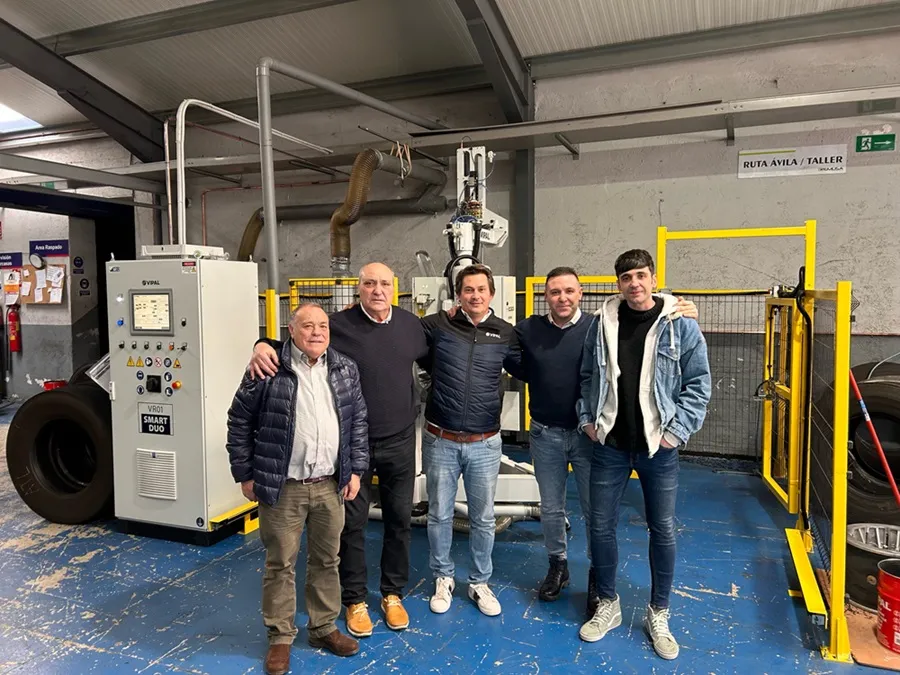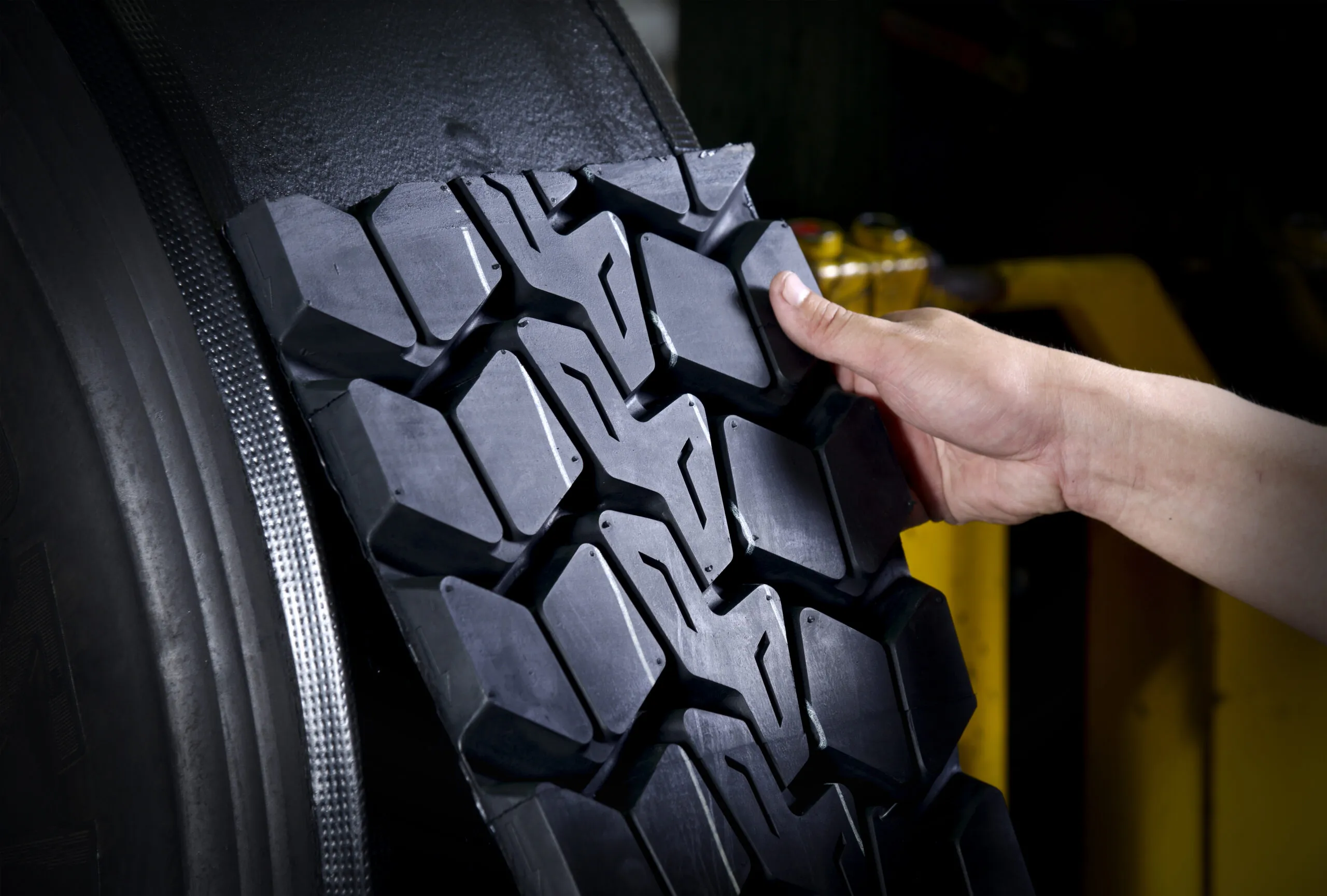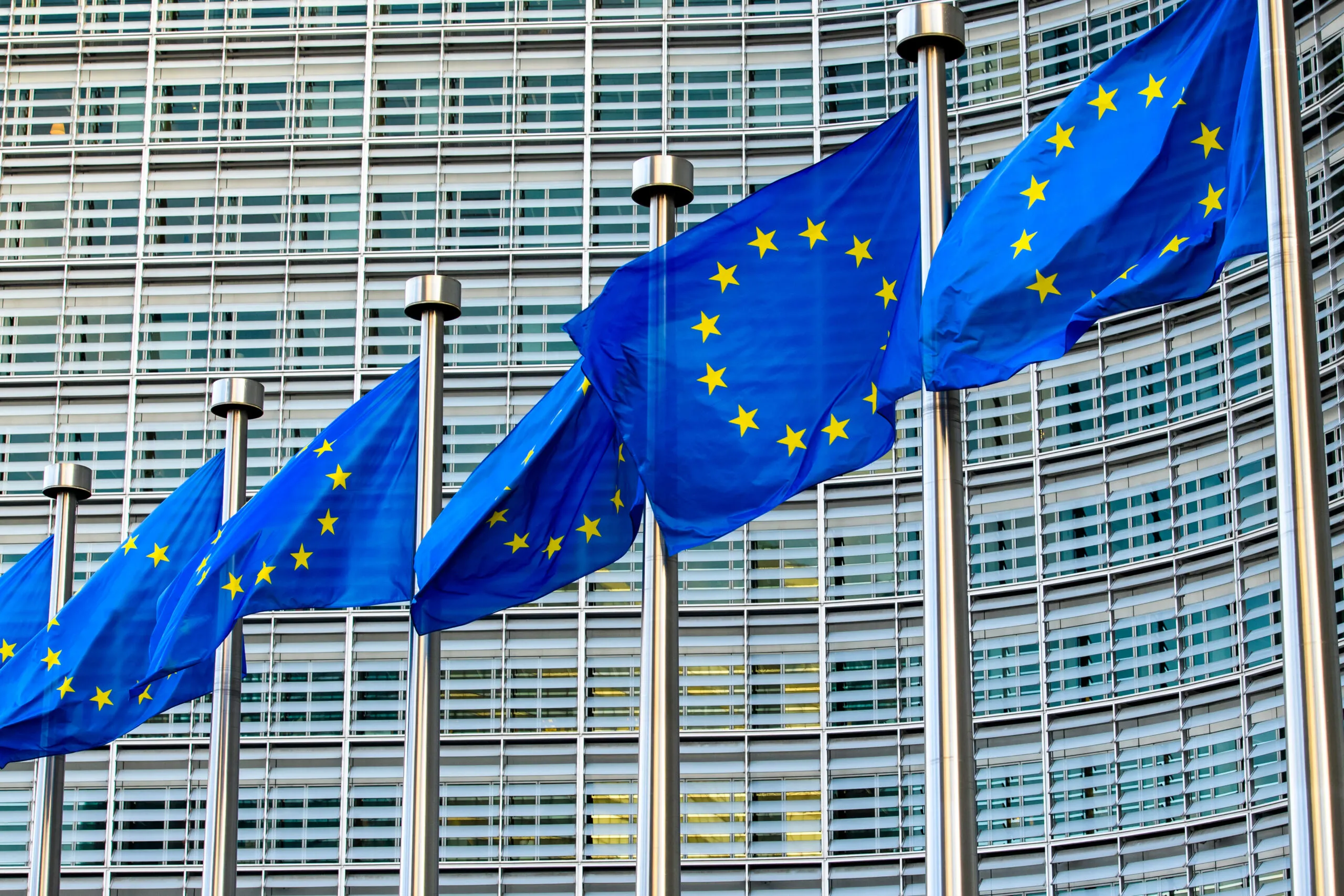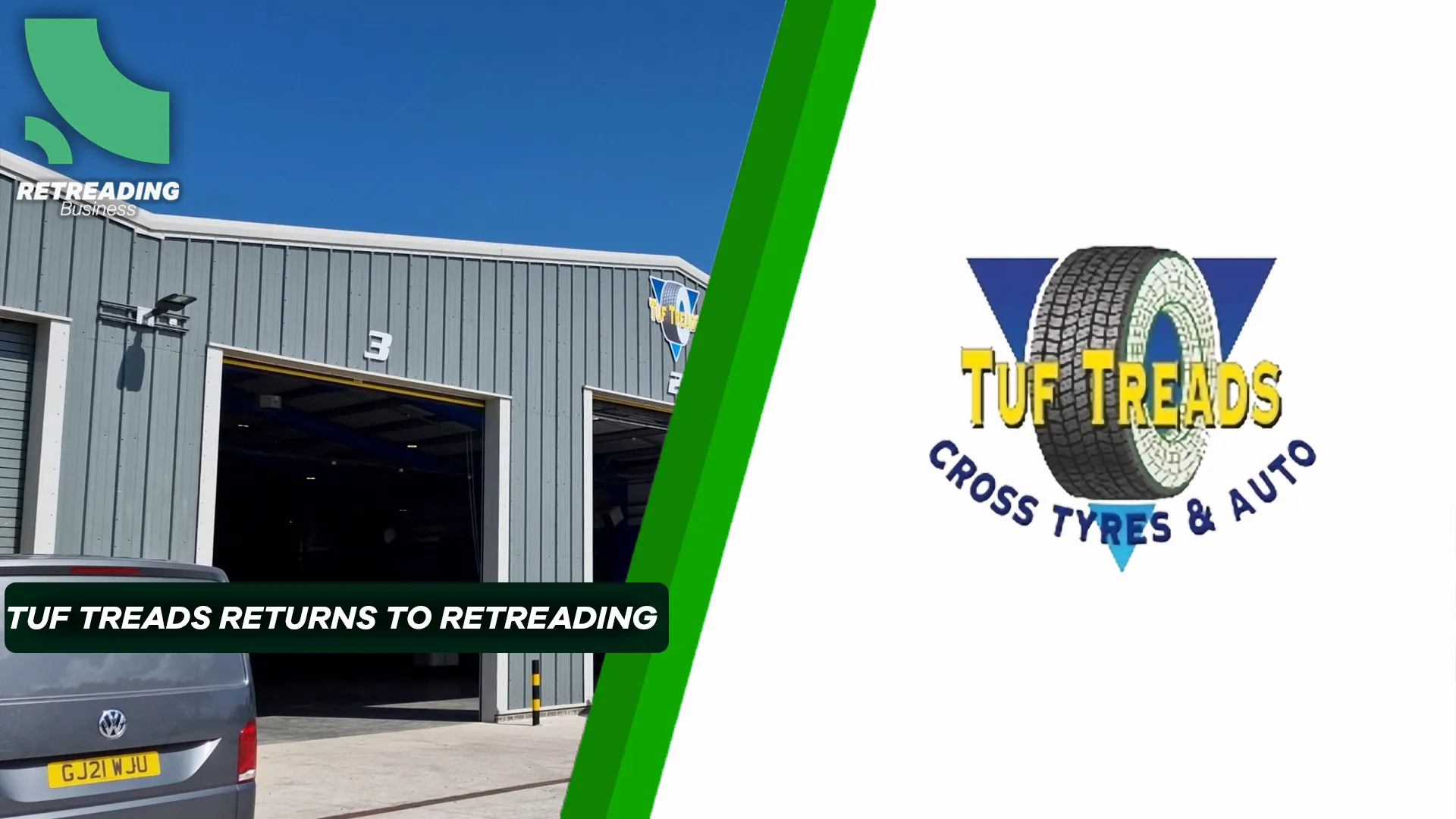Margareth Buzetti is currently the President of the Brazilian Retreader’s Association ABR. As the first woman to be appointed to this post, she has been exceptionally proactive since her appointment at the end of 2019.
ABR President Talks to Retreading Business
Retreading Business recently had the opportunity to interview her about her role, and her aims for developing a range of activities and initiatives to support her country’s retreading sector.
Retreading Business
You have been very active in your role as president of ABR until now. What were your goals when you assumed the presidency and what have you achieved so far?
Margareth Buzetti
When I took over at ABR, it was a great challenge to be the first woman to lead the Brazilian Tyre Retreaders Association in 40 years. My objectives were to modernise the association, to make it really provide a service by valorising the retreading sector and modernising communications. We managed to do a lot, including the actions that occurred because of the pandemic and are being a success, both from the technical side as well as talking about achieving a more modern way of communicating with our members. We achieved a very good level of dialogue with the federal government, showing that retreading is important for the country.
We still have a lot of things to do. We want the Ministry of the Environment to recognise and value us by creating incentive programmes for tyre retreading. Many actions are still needed, such as attracting new members, including suppliers of raw materials, machinery and equipment, as well as retreaders, and this is our main objective.
RB
What has been the impact of the casing import ban in Brazil? What can be done to persuade the government to change its approach to this, and what is ABR doing about it?
MB
When the import of casings into Brazil was prohibited, it was due to the fact that there was no way to prevent the entry of tyres which were not in a condition to be retreaded or even used. It is a situation that has to be discussed with the bodies of the foreign trade industry, so that, if necessary, import can be reopened, with due attention to safety and care for the environment.
RB
How are the various legislative restrictions in Brazil affecting entrepreneurs’ willingness to invest in the retreading sector in Brazil, and how is ABR is responding to this challenge?
MB
Brazilian legislation is so complex that it discourages entrepreneurship in the country. In addition to being complex, legal uncertainty creates an environment that is not conducive to such an activity. Being an entrepreneur in Brazil is really a task for few. However, we know that the unity of our sector is what gives us strength to grow and continue producing in Brazil.
RB
You paid a visit to the Ministry of the Environment in Brasília last year, which seemed to elicit a good response. How are things progressing now? What are the next steps?
MB
When we visited the Ministry of the Environment, we wanted to show that Brazil has an important, significant environmental asset, which is tyre retreading. There are almost 12 million retreaded tyres manufactured each year in Brazil, and this represents a huge reduction in the emission of gases into the atmosphere because you stop using oil, which is a non-renewable asset.
We want the government to recognise tyre retreading as an important asset and matrix for the country. Today there is no such recognition even if we manage to get the Ministry to support an institutional video on retreading and the environment. However, we need to go much further, such as specific legislation for retreading. In Mato Grosso we are already part of the Recycling Union, because we are part of the chain. We are of key importance in that we reuse and give new life to tyres with much less resource and with environmental preservation.
RB
Tell us more about the Ombro Amigo programme and when it will be developed across the country.
MB
The Ombro Amigo programme is an initiative of ABR together with a university in Cuiabá and came at a very important moment, with the objective of providing psychological support so that truck drivers have better mental health. A trucker whose mental health has been recently checked and shown to be good can reduce the number of accidents. Drivers and transportation professionals face several problems, such as alcoholism and drug use, in addition to the pandemic itself that put them in a very stressful situation: the fear of returning home and contaminating their family, fear of losing their family members, of losing the job. This is an ABR action and we have had a lot of support. It is a pilot project, and we have already completed two months. The demand is still small because this initiative needs to reach the truck driver, who in turn needs lose his prejudice and actively look for the programme, asking for help when necessary.
RB
What other initiatives is ABR currently involved in?
MB
ABR is involved in several actions, providing our own “Friendly Shoulder” (ombro amigo). We have also held monthly activities, in addition to creating significant dialogue and guidelines through interaction with the Ministries of Infrastructure and Environment.
RB
We have heard relatively little about the development of ALARNEU recently. How this is developing? What are the objectives, if any, for expanding cooperation between other South American markets?
MB
ALARNEU remains a group that consolidates South America, basically, because there is no access beyond Panama. Currently, there are no actions within a regional context, due to the individual countries’ independence in relation to their respective trade policies, thereby preventing the possibility of actions that can be applied regionally. Nevertheless, the group tries to maintain a fluid communication, exchange ideas, experiences and practices that can be applied in each of the markets individually. Shared work can help different countries, through their associations, the importance of implementing improvements and triggering processes that aim to promote and recognise tyre retreading as an important driver for the circular economy. Undoubtedly, everything depends on the openness of each country to the subject, and to understand that the activity brings invaluable economic and environmental benefits for today’s times.
RB
How can the Brazilian retreading industry work closer with the tyre recycling sector to improve the sustainability of the entire sector?
MB
Tyre retreading is already an extremely important activity for the environment, as it extends the life of the tyre several times depending on the industry in which the tyre is used. This slows down the scrapping of the casing and the need to use a new tyre. This is our greatest legacy to the recycling sector, even though retreading is not considered as such an activity.
In Brazil, the legislation is very clear that the responsibility for the disposal of used tyres lies with the tyre manufacturer or importer. The tyre retreader does not have ownership of the casings, which in general belong to the transporters, therefore, the casings pass through the retreaders and, approved or refused, return to the transporters. Only in the segment of passenger tyre retreading does the possession of the casing pass to the retreader, which represents a small proportion of the total weight of casings that pass through the retreaders.
RB
What is the future of retreading in Brazil, and how can the global sustainability trend be leveraged to improve prospects within the retreading sector?
MB
In the future, retreading in Brazil is expected to grow, because environmental awareness is an ABR goal. We want to show that tyre retreading is an integral and significant part of environmental awareness and that governments themselves should carry out incentive campaigns for entrepreneurs to opt for these reusable tyres. There is a growth trend, however, and retreaders need to specialise more, better equip themselves and communicate our greatest asset: effective environmental preservation.







